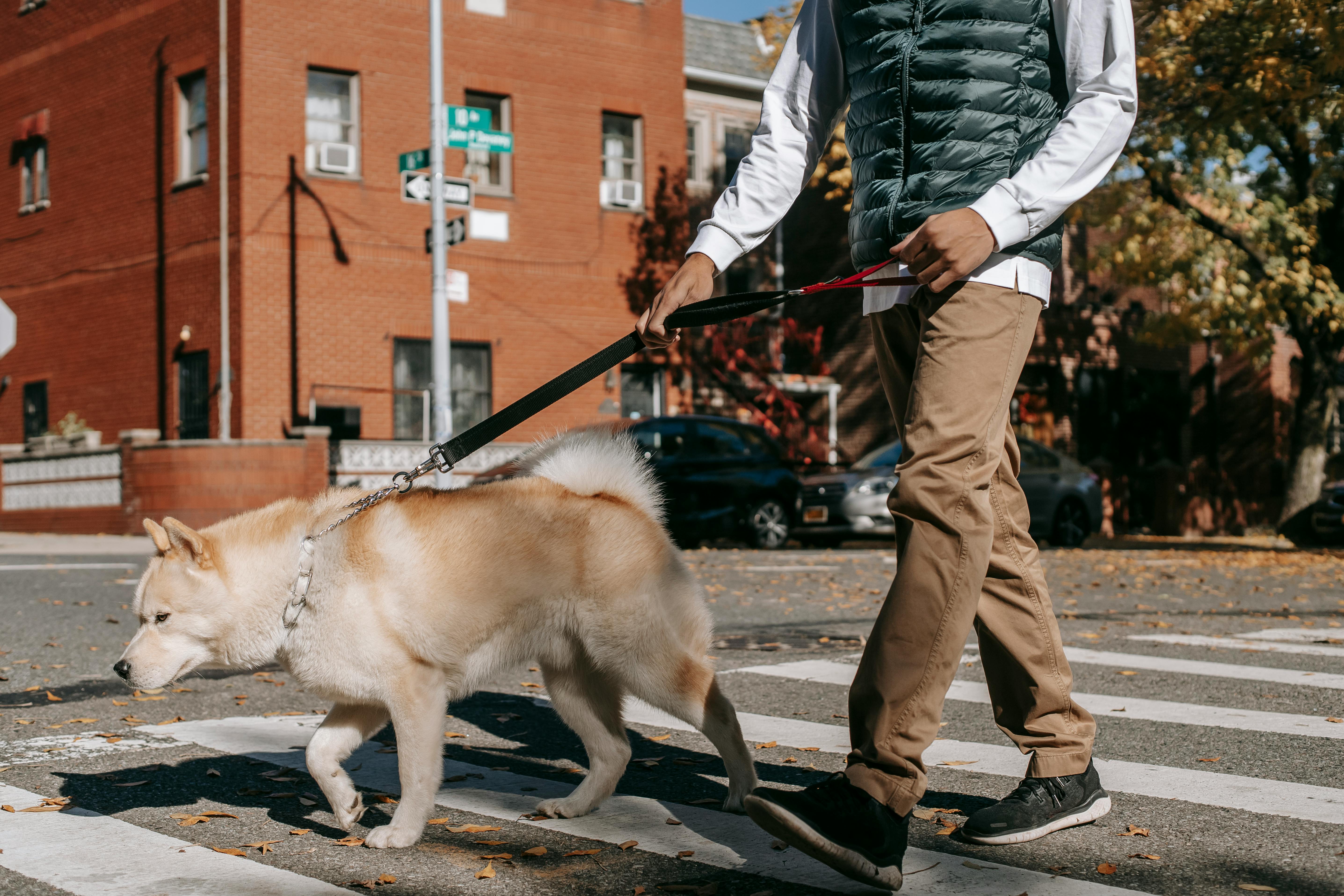So you finally gave in and got a puppy. Now you need to know what to do next. Puppies are at risk of many different diseases, but they can be prevented. One of the first things to do after bringing your pup home is to make an appointment with a vet for a checkup and vaccinations.
Your pup will need a fecal exam to check for parasites. Worms can make your pup seriously ill, but they can be easily treated with medication. There are a number of vaccinations that are given between 8 weeks and 16-20 weeks of age. The first injection your pup will receive will protect him against several different diseases. It is known as DHLPPCv. The vaccine covers the following:
D- Canine Distemper – A viral infection that can be fatal. It affects the respiratory, gastrointestinal and nervous systems.
H- Hepatitis – Affects the liver
L- Leptospirosis – Bacterial infection of the kidneys
P- Parainfluenza- upper respiratory tract infection
P- Parvovirus – Potentially fatal, affects the lining of the intestines. Many vets recommend that certain breeds, such as Dobermans and Rottweilers, should have 2 parvo shots. The final vaccine should be given at 20 weeks of age.
Cv-Coronavirus: similar to parvovirus but not usually fatal.
After the puppy is one year old, this vaccine should be given annually. There are several other vaccinations that your pup will need to stay healthy. The rabies vaccine is given to puppies at 4 months of age and repeated the following year. After the second year, the rabies vaccine is given every 2 years. If you are going to board your puppy (or dog), the vet will give him a Bordetella vaccination. This is administered as a spray into the nose and protects the dog from kennel cough, which is exactly what it says…cough, and it is highly contagious. The Lyme vaccine is given to protect against a tick-borne disease. Lyme disease causes joint pain, fever, and swollen lymph nodes. It is given as a 2-dose series, one at 8 weeks and one at 12 weeks.
In addition to vaccinations, your puppy, at 6 months of age, will have a blood test for heartworm. If the test is clear, you will start on a monthly dose of heartworm prevention medication. Finally, between 6 and 12 months of age, vets recommend that your puppy be spayed or neutered.
Together, you and your vet can ensure a long and healthy life for your new puppy.




